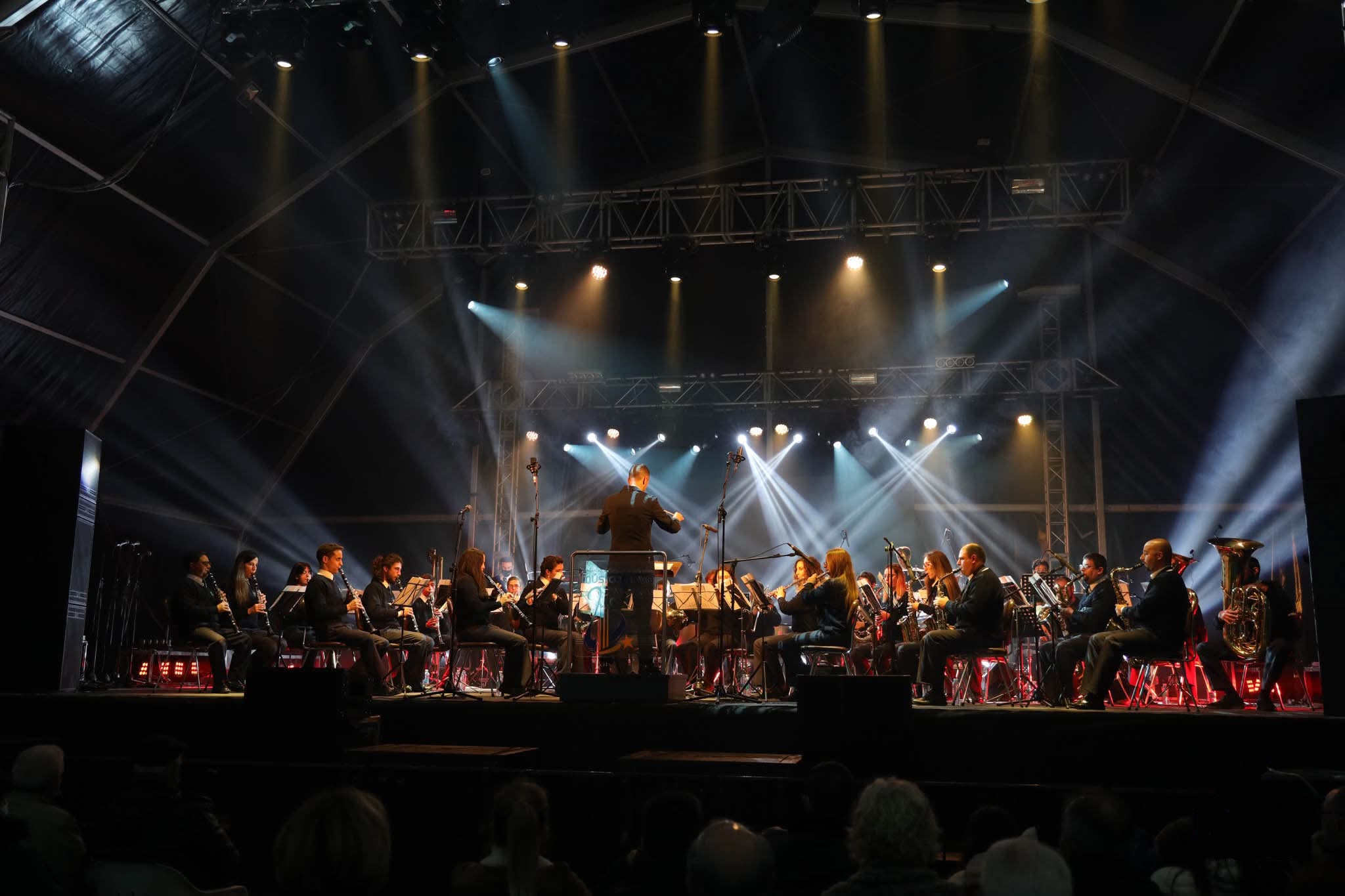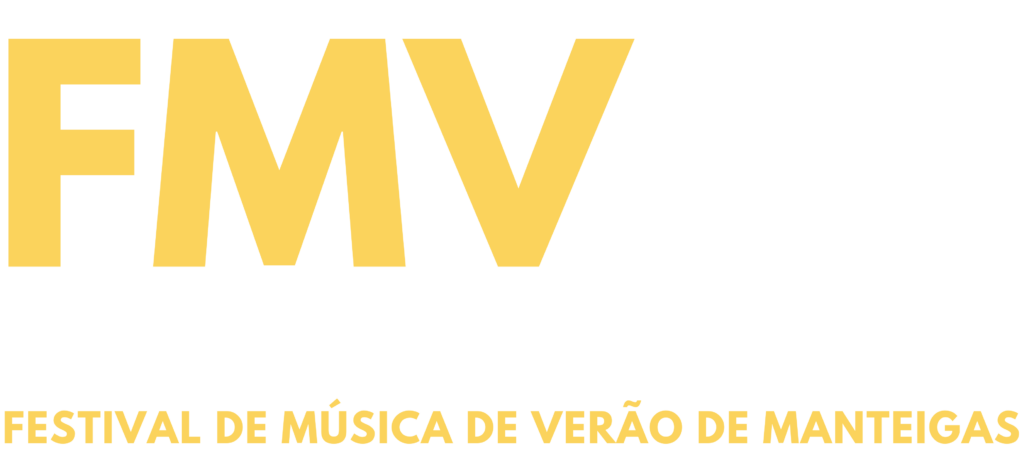
Filarmónica Popular Manteiguense – Música Nova
The Filarmónica Popular Manteiguense – Música Nova was founded on August 7, 1877, and has remained in continuous operation to this day.
According to history, music in Manteigas originated from the visit of a traveling clown troupe. After their performance, some local citizens purchased a trumpet, a saxophone, a snare drum, and a pair of cymbals from the clowns. Even without any musical knowledge, they roamed the streets making a great noise, which sparked their interest in the "divine art" of music.
Music in Manteigas, however, has an even older history, with documents dating back to July 8, 1865, marking the founding of the "Sociedade Filarmónica." In 1877, instead of having just one band, Manteigas became home to two. This division was rooted in national politics. At the time, Portugal was split into two political parties. When Manuel da Cunha wanted to celebrate the Progressist Party’s rise to government, he invited the local band to perform. However, the band was led by António Ribeiro, the head of the opposing Regenerator Party in the region. Ribeiro demanded one gold sovereign per hour of performance. Outraged, Manuel da Cunha decided to form a new band, the Filarmónica Popular Manteiguense.
He found a musician in Unhais da Serra, an experienced loom tuner known only as "Father Pata." With his help and by recruiting musicians — many of whom came from the existing band — Manuel da Cunha established the new group. On August 7, 1877, the Música Nova took to the streets, performing a concert at Praça Luís de Camões. Since then, the FPM-MN has remained active without interruption.
Currently, the FPM-MN has around 40 members, most of them young musicians who graduated from its Music School, which operates at the band’s headquarters. Under the guidance of conductor Luís Carlos Neves Serra, the school provides both theoretical and practical instrumental training.
